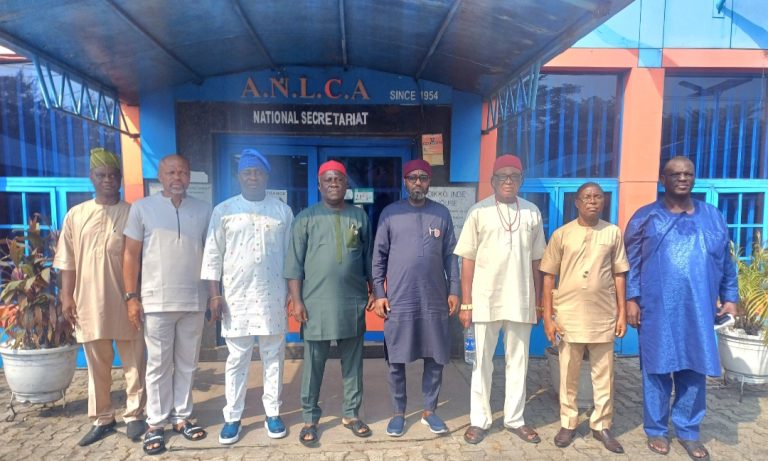
A coalition of freight forwarding associations has taken legal action to contest the appointment of Kingsley Igwe as Registrar of the Council for the Regulation of Freight Forwarding in Nigeria (CRFFN). The associations allege that the appointment, made despite Igwe not applying for the role, violated due process and statutory requirements.
At a joint press briefing which held on Thursday in Lagos, the President of the Association of Nigerian Licensed Customs Agents (ANLCA), Emenike Nwokeoji, spoke on behalf of the coalition, which includes the Association of Registered Freight Forwarders of Nigeria (ARFFN), the National Association of Freight Forwarders and Consolidators (NAFFAC), and the National Council of Managing Directors of Licensed Customs Agents (NCMDLCA).
Nwokeoji detailed the circumstances surrounding the controversy, emphasizing that the position of CRFFN Registrar was advertised last year, attracting numerous applicants who were subsequently shortlisted and invited for an interview in Abuja. However, the scheduled interview never took place.
“What surprised everyone was that the individual who was eventually appointed as Registrar did not even apply for the job,” Nwokeoji stated. “We made inquiries to understand the basis for the appointment, but no clear answers were provided. This led us to examine the provisions of the CRFFN Act concerning the appointment process, and it became evident to us that due process was not followed.”
Unable to obtain satisfactory explanations from the authorities, the associations decided to seek judicial intervention. Nwokeoji stressed that the matter was not personal but rooted in the need to uphold transparency and legality in the appointment process.
“We are in court for a single purpose: to ensure the foundation of this process is firm and adheres to the law. If the foundation is faulty, the entire process is compromised,” he said. “We want the court to review the procedure and determine if it aligns with the laid-down guidelines in the CRFFN Act. From our understanding, it does not.”
To dispel any misconceptions, Nwokeoji emphasized that the coalition has no personal grievances against the appointee or any organization. “Our issue is strictly with the process and procedure of the appointment. This is why we are seeking judicial interpretation of the CRFFN Act,” he explained.
The press briefing also touched on concerns about setting a precedent for future appointments. Responding to a question, Nwokeoji acknowledged that previous CRFFN Registrars were appointed directly without job advertisements. However, he noted that in this instance, the position was publicly advertised, creating an expectation of competitive selection.
“We need to understand whether the act permits such a deviation from what was advertised. If not, it means the process has been undermined,” he said.
While the matter is now sub judice, the coalition reiterated its commitment to pursuing the case to ensure transparency and accountability in public appointments.
The CRFFN and relevant authorities have yet to issue a formal response to the lawsuit. The outcome of the court case is expected to set a significant precedent for governance and regulatory practices within the freight forwarding sector.















